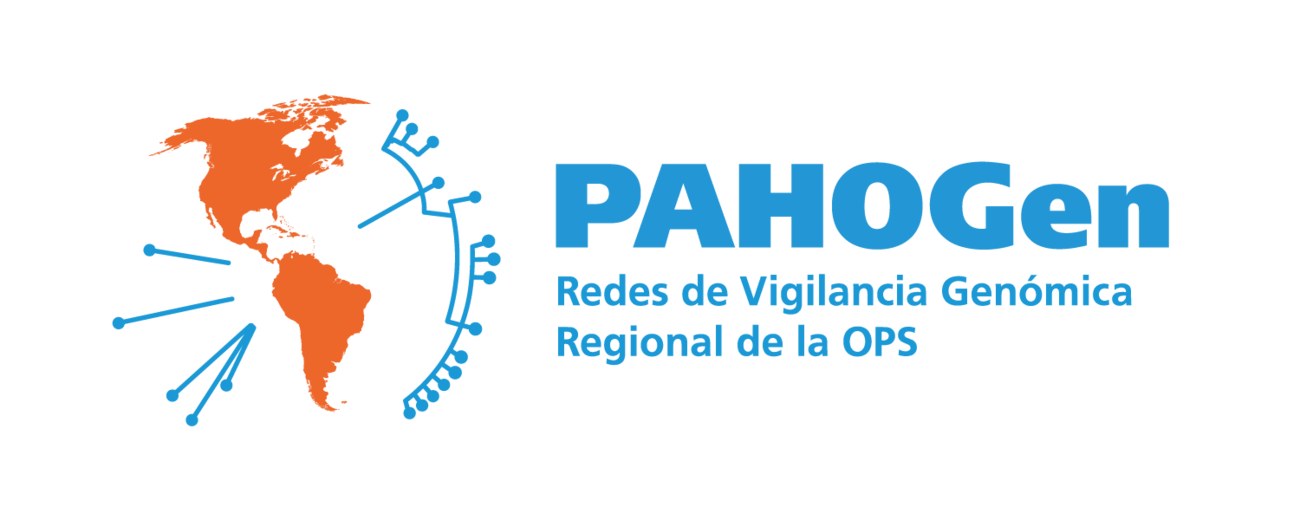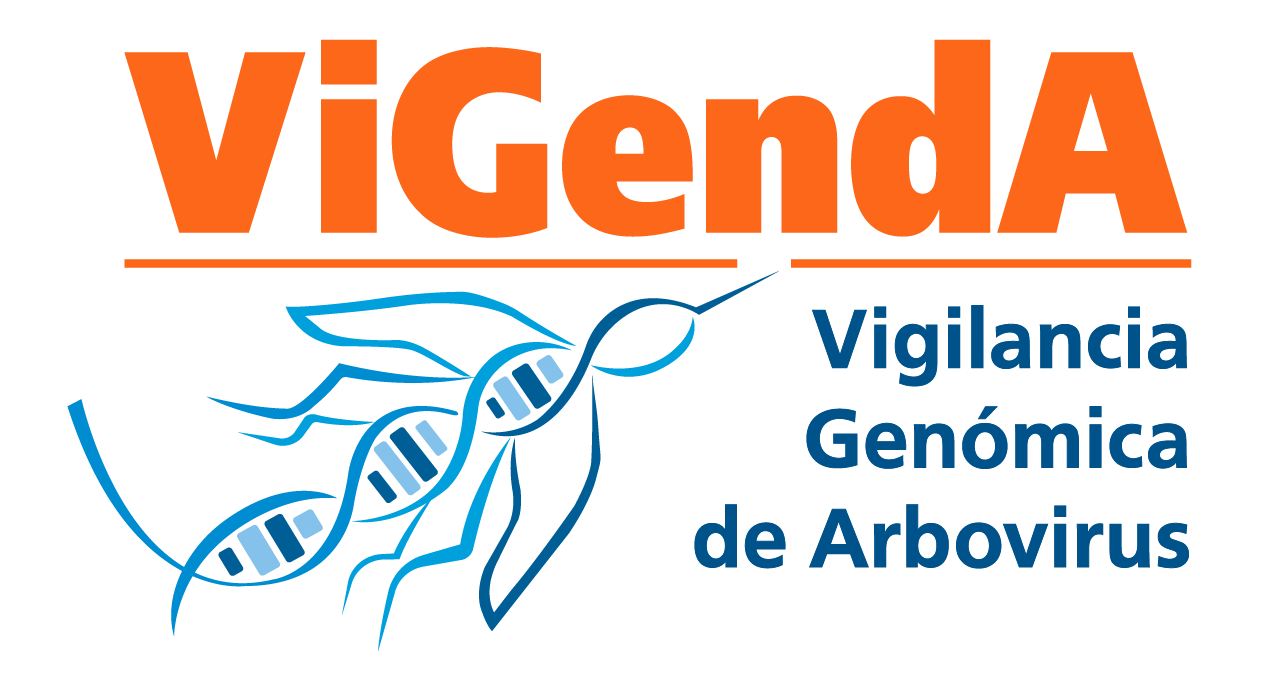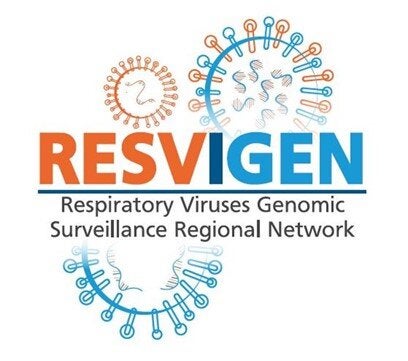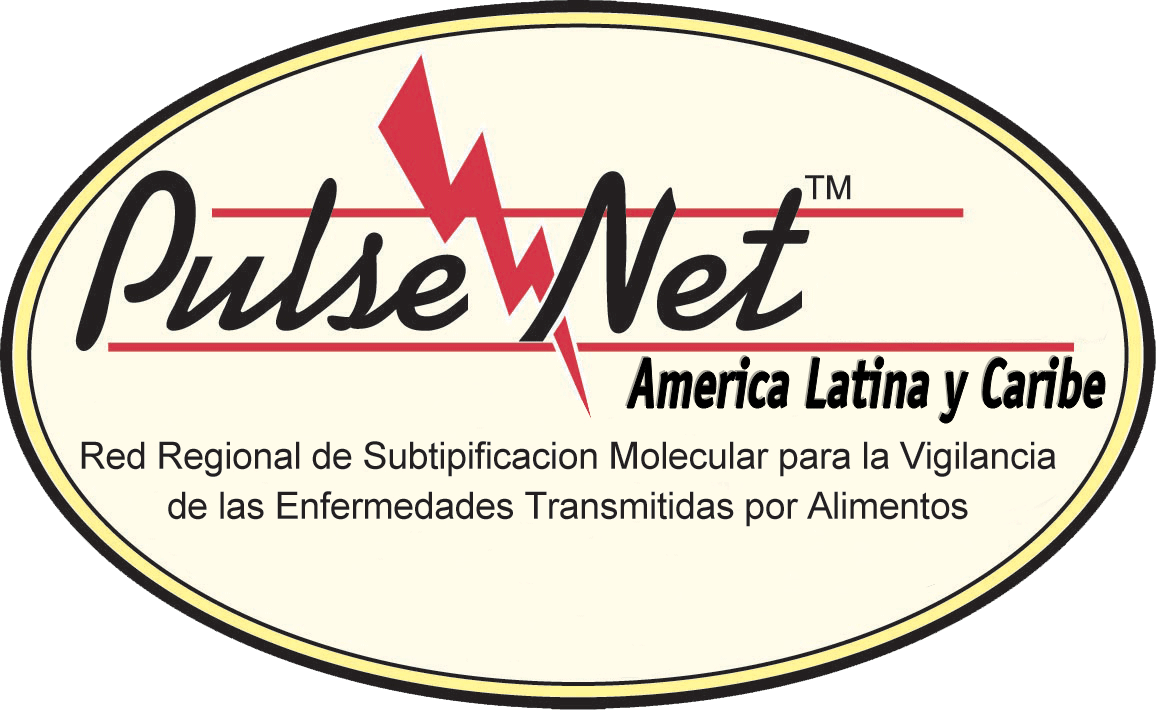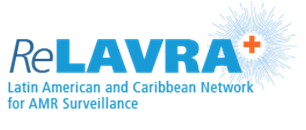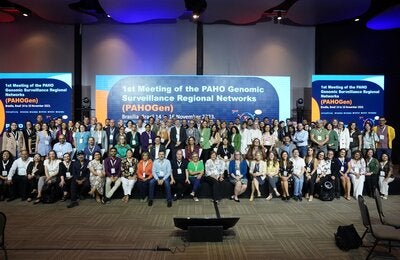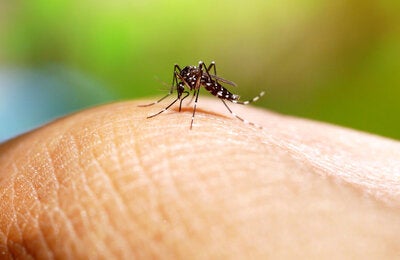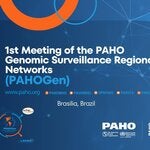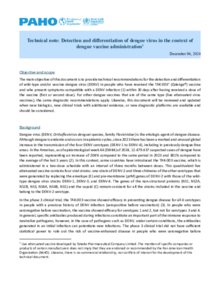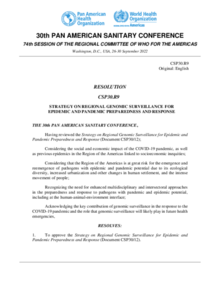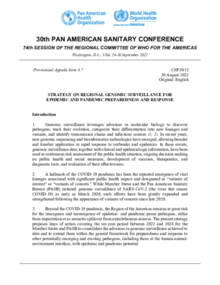Genomic surveillance plays a crucial role in the early identification of emerging pathogens and in the characterization of antimicrobial resistance (AMR) mechanisms. In this context, PAHO has worked diligently alongside Member States to enhance laboratory sequencing capacity at both national and regional levels, as well as to produce timely data to support surveillance systems for different pathogens.
Within the PAHO-coordinated genomic surveillance networks, notable instances highlight the Organization's unwavering dedication to preserving public health in the Americas. PulseNet Latin America and the Caribbean Network (PNALC) is one such network that focuses on pooling regional data to monitor foodborne pathogens at a global level. In 2014, PAHO established a strategic collaboration with the United States Centers for Disease Control and Prevention (CDC), and the Network of Arbovirus Laboratories of the Americas (RELDA). This partnership resulted in the ViGenDA project, which later evolved into the genomic surveillance network for dengue virus and other arboviruses.


